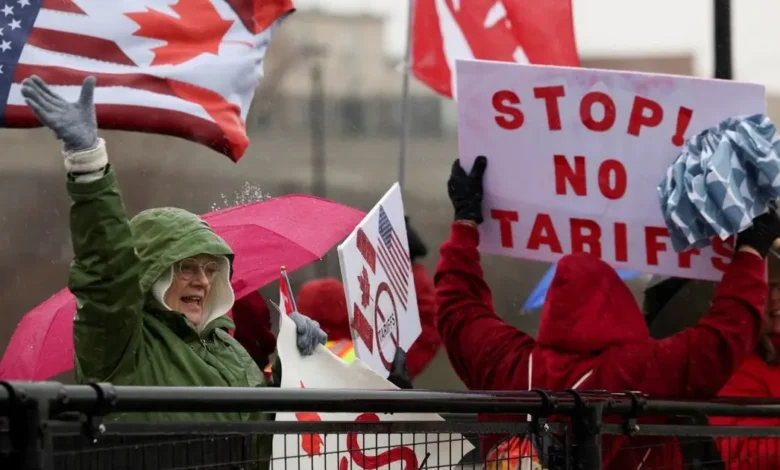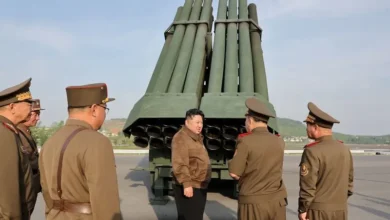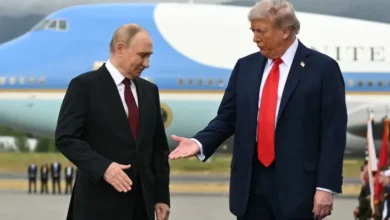How Canada is retaliating against US tariffs

Canadian Prime Minister Mark Carney announced limited countermeasures against US auto tariffs on Thursday, imposing a 25 percent tariff on vehicles imported from the United States that are not compliant with the US-Mexico-Canada trade deal.
Carney, who replaced Justin Trudeau as prime minister last month, said the new tariffs would not apply to auto parts and would not affect vehicle content from Mexico. He said the tariffs collected from Canada’s latest measure, estimated to be about C$8 billion before a remission process for tariff relief, will go directly to auto workers and others affected.
US President Donald Trump imposed 25 percent tariffs on goods that did not comply with the USMCA trade agreement on March 6. He then imposed tariffs on steel and aluminum imports on March 11 and a 25 percent import tax on autos took effect on Thursday. But Trump spared Canada from broader global tariffs.
Below are retaliatory measures Canada has taken.
First tranche
Trudeau imposed 25 percent tariffs on C$30 billion ($21.10 billion) in goods imported annually from the US on March 6 in response to Trump’s initial duties.
The C$30 billion was part of an overall retaliation plan to target C$155 billion worth of imported goods from the US, though the remaining C$125 billion has been delayed.
The first tranche of retaliation includes 1,256 products such as orange juice, peanut butter, wine, spirits, beer, coffee, appliances, apparel, footwear, motorcycles, cosmetics, and pulp and paper.
In terms of the value of imports associated with some of the major products, cosmetics and body care are worth C$3.5 billion, appliances and other household items are worth C$3.4 billion, pulp and paper products are worth C$3 billion and plastic products are worth C$1.8 billion.
Steel and aluminum, autos
Effective March 13, Canada imposed 25 percent tariffs on an additional C$29.8 billion worth of products imported from the US They are expected to remain in place until the US eliminates its steel and aluminum tariffs on Canada.
The tariffs imposed in retaliation to steel and aluminum comprise a wide variety of items such as candles, glues, umbrellas, kitchenware, gold, platinum, jewelry and more.
The new auto tariffs will apply to car imports worth C$35.6 billion, the Prime Minister’s Office said on April 3.
These will include 25 percent tariffs on non-USMCA-compliant fully assembled vehicles imported from the US and 25 percent tariffs on non-Canadian and non-Mexican content of USMCA-compliant fully assembled vehicles imported from the US
Non-tariff measures
Trudeau had said Canada is also considering non-tariff retaliatory measures potentially relating to critical minerals, energy procurement and other partnerships. Asked on March 25 if non-tariff measures such as export controls or export taxes are on the table, Carney said they are options. Canadian provinces have taken US liquor off store shelves and Ontario Premier Doug Ford said all US-based companies will be banned from taking part in government procurement.
Ontario scrapped its C$100-million contract with Trump ally Elon Musk’s Starlink. Canada has frozen all rebate payments for Musk’s Tesla and banned the electric-vehicle maker from future EV rebate programs. Toronto stopped providing financial incentives for Tesla vehicles purchased as taxis or ride shares because of trade tensions with the US
Canada also plans to develop a framework for auto producers that incentivizes production and investment in Canada, the PMO said on April 3.










